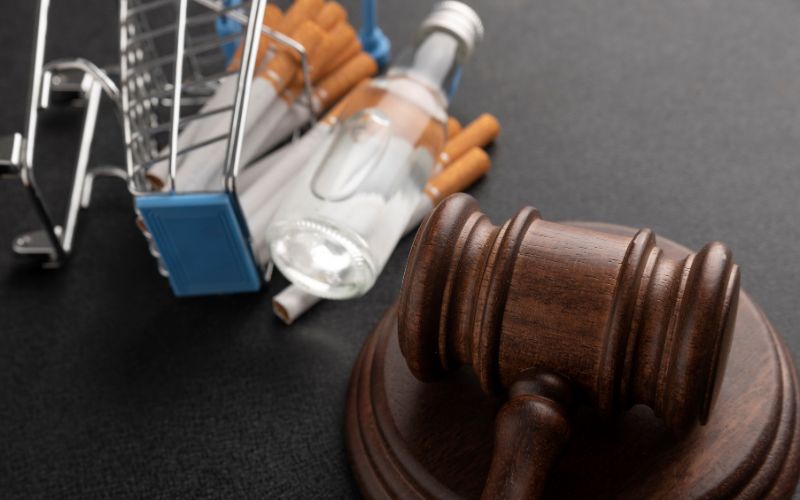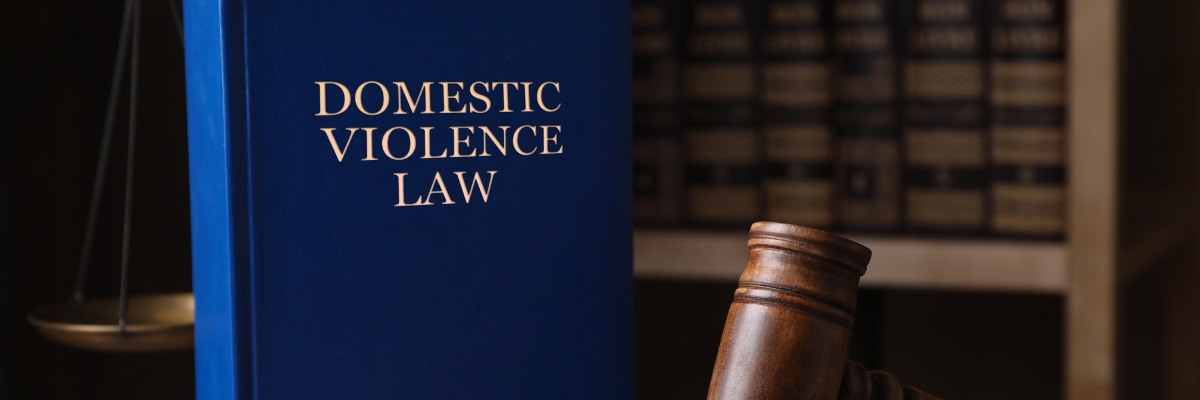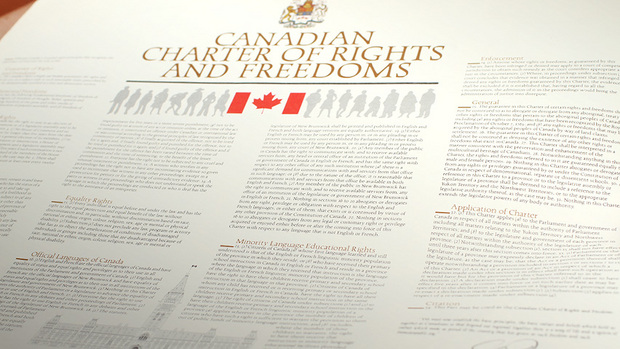Assault is a very common criminal charge that appears before our courts, particularly charges of assault relating to allegations of domestic abuse. Charges involving domestic assault are so common that some courts will even assign a particular day of the week where these matters are returnable in court or assign Assistant Crown Attorneys to deal specifically with domestic assaults.
Despite the common usage of the term domestic assault, there is not an actual offence of domestic assault under the Criminal Code of Canada. Rather domestic assaults fall under the various offences of assault ranging from simple assault at one end of the spectrum to sexual assault at the other end. However, because of the prevalence and unique circumstances regarding domestic violence, any assault which is domestic in nature is treated differently.
It is not uncommon for an accused person to ask their lawyer whether the charges can be withdrawn because their spouse or partner does not want them to get into any more trouble and therefore does not want to proceed with the charges. In these circumstances clients will want to know why charges against them will not be withdrawn when their spouse or partner is not likely to be a cooperative witness or is likely not attend court as a witness. The likelihood of getting domestic assault charges withdrawn is probably one of the most common questions a client will ask in these circumstances. The other question a client will frequently ask when charged with assault is whether the bail conditions can be changed so that the client can return home.
The simple and short answer to both the above questions is no. The Crown Attorney takes charges relating to domestic assault very seriously and unless there is no reasonable prospect of conviction and it is not in the interest of the public to proceed, then the Crown will be prepared to proceed on to trial. Where there are problems with the Crown Attorney’s case, the Crown may be prepared to agree to resolve a matter in another manner, such as a peace bond or an absolute discharge, but very rarely will the Crown Attorney agree that the charges should be withdrawn.
It is also unreasonable to expect that the Crown Attorney will agree to a change in bail so that you can return to live with your spouse or partner who you are alleged to have assaulted. Even where your spouse or partner expresses to Victim Witness or to the police that they want you to be able to return home, the Crown Attorney is not likely to consent to a bail variation. Often clients do not like hearing that the bail cannot be changed or the charges cannot be withdrawn, and this is one of the challenges lawyers face when representing someone charged with a domestic assault.
In matters involving domestic assault it is not uncommon that the entire case for the Crown will be the testimony of the complainant. In these circumstances where the only witness for the Crown Attorney is the complainant, the case to meet for the Crown is made much more difficult when the complainant indicates they do not wish to proceed with the charge or charges and they do not wish to act as a witness. Notwithstanding any challenges with respect to the Crown Attorney proving its case beyond a reasonable doubt, the fact remains that the Crown Attorney has the absolute discretion to proceed with the charges or to withdraw them because there is no reasonable prospect of conviction and it is not in the public interest to proceed with the charges,
If and when a person charged with domestic assault is released, inevitably that person’s bail will include the following conditions; that the accused not have any communication direct or indirect with the complainant, that the accused is not to attended the place of residence or employment of the complainant, and that the accused is to reside with their surety or some other address approved by the court.
Quite often criminal lawyers will have clients that are anxious to return home, and it may also be that other family members including the complainant are anxious to have them return home. In these circumstances it shouldn’t be surprising that clients will often want their matter resolved as soon as possible. In these circumstances, it is not uncommon for an accused to be willing to plead guilty to an offence of assault where there is no factual basis for entering such a plea. Criminal defence lawyers must be aware that these circumstances can arise, and therefore must be vigilant not to assist a person entering a guilty plea where to do so would be to misrepresent the court.
Charges involving domestic assault have a higher likelihood of going to trial because of the Crown Attorney’s position on domestic violence. If you charged with a domestic assault it is important you contact me right away so that I can begin working on resolving your matter as soon as possible. The sooner your matter is resolved, the sooner you might be able to return home and begin communicating with your spouse or partner.
Contact
If you have been charged with a domestic assault, contact me immediately and arrange a free consultation.
Follow the link for more information on domestic assault or read FAQs on domestic assault.













